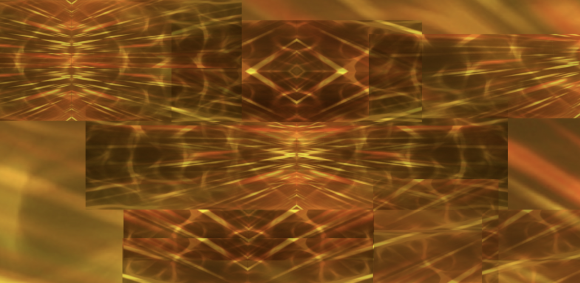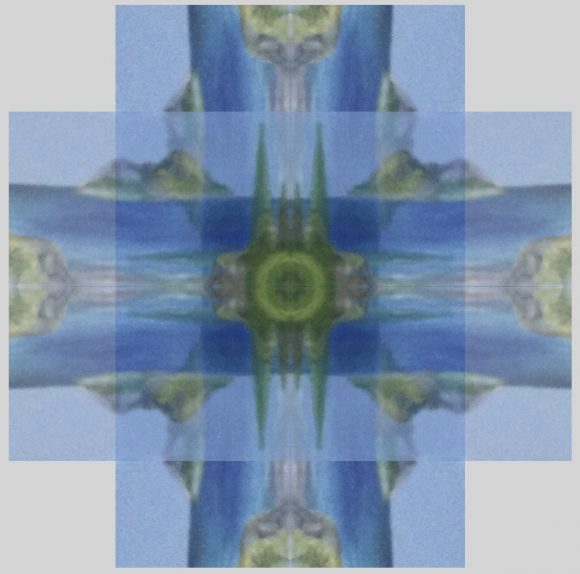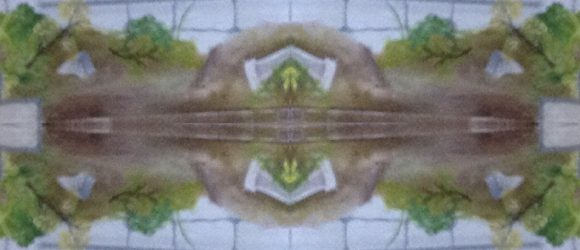What turns out to be the love of his life — to his own retrospective surprise, as we learn from the famous last sentence of the book — builds gradually over a number of stages, the first of which seem so innocuous that for quite a while we’re left wondering whether we’re already in the main narrative or still on a tangent. Swann himself appears to be on the same tentative track, until something suddenly disrupts it sharply and causes him to realize what is going on.

1. That moment comes when the daily routine is unexpectedly broken. The routine, we remember, was this: both Odette and Swann were regular evening guests with the Verdurins; but he would drop in only after dinner, at a later hour than she did; they would then leave together and he’d accompany her home. (“He used to take her back as far as the door of her little house in the Rue La Pérouse.”) Importantly, the routine masks the feelings that are actually building:
the simple and regular manifestations of a social organism, […] were transformed for Swann into a series of daily encounters with Odette, and enabled him to feign indifference to the prospect of seeing her, or even a desire not to see her (258-259).
The real state of things, emotion-wise, becomes apparent when one evening Swann is so late that Odette has already left the Verdurins, which promptly throws him into a state of anxiety (“his heart wrung by sudden anguish”; 259) and sends him on a frantic search for her in Parisian night life. (As is typical in these matters, the real state of things is immediately recognized and duly commented upon in the social circle; it had been evident to everyone else already before it finally, last of all, came to Swann’s own awareness.)
As he searches for Odette, anxiously and impatiently, Swann himself realizes the disproportionate intensity of his own emotional upheaval (“What! all this disturbance simply because he would not see Odette, now, till to-morrow”; 261), and acknowledges that this is a new experience for him (“how novel the heartache from which he was only now conscious, as though he had just woken up”; 261). He also understands that this would make no sense if he were to try and understand it from his own self-image — from what he takes his own personality to be: “Swann suddenly perceived how foreign to his nature were the thoughts which he had been revolving in his mind ever since he had heard at the Verdurins’ that Odette had left” (261). There had been (or had been developing) something hidden in his own psychology — which only now forced itself into consciousness.
(We might even assume that this “something” has actually provoked the situation, that is, created Swann’s being late and missing Odette at the Verdurin’s: after all, Swann had been late because he himself had delayed his arrival, and not for good reason, but from mere moods; mentioned on 259 and 261. This is exactly how an unconscious complex brings about situations in the external world: by driving behavior in a way that’s neither willed nor understood by the conscious personality.)
2. At the moment of these realizations, this “something” finally shows itself to Swann:
He was obliged to admit also that now, as he sat in the same carriage and drove to Prévost’s, he was no longer the same man, was no longer alone even – but that a new personality was there beside him, adhering to him, amalgamated with him, a creature from whom he might, perhaps, be unable to liberate himself, towards whom he might have to adopt some such stratagem as one uses to outwit a master or a malady. (261)
We can see in this quote how the text gropes for the right metaphor: the experience is clearly difficult to put into words. It is that of a formidable presence, and a person-like one (but in a wide sense, in which a “creature”, a “master”, and a “malady” all can appear personified). But that brings with it the usual problem with notions of multiple personalities: they all appear somehow within the same human being, which goes against the grammar of many of our linguistic constructs. (Thus the wavering between “beside him”, “adhering to him”, and “amalgamated with him”. I have argued before, and in detail, against speaking of “component”- or “sub“-personalities in such contexts.)
Be that as it may, Swann evidently discovers a whole new personality within (or around) himself; and although it has broken into his awareness, initially, amidst a cloud of disquiet, anguish, and pain, it also announces itself at the same time as a reinvigorating and enlivening force in his being:
And yet, during this last moment in which he had felt that another, a fresh personality was thus conjoined with his own, life had seemed, somehow, more interesting. (261)
3. In later stages, this would even expand and awaken dormant capacities in him (as the Anima is wont to do in the later stages of one’s life):
For Swann was finding in things once more, since he had fallen in love, the charm that he had found when, in his adolescence, he had fancied himself an artist; with this difference, that what charm lay in them now was conferred by Odette alone. He could feel reawakening in himself the inspirations of his boyhood, which had been dissipated among the frivolities of his later life (273).
At this point, however, the “new personality”, which earlier had been sitting “beside him” or was even “amalgamated with him”, has now merged with Odette; it has, in other words, been projected onto another person. The moment has passed in which Swann could quasi-perceive that other personality more or less directly: it has sunk back into the unconscious (projections, we may recall, happen to the subject: they’re unconscious).
Then, though he may not consciously have taken this into consideration, the certainty that […] he would see her before he went home, drew the sting from that anguish, forgotten, it is true, but latent and ever ready to be reawakened, which he had felt on the evening when Odette had left the Verdurins’ before his arrival (269).
The love affair as such (and the new habits that come with it, such as Swann’s seeing Odette in her house now instead of on social occasions) has thus brought only half-progress: it has caused a layer in Swann’s psyche that was entirely buried to appear out in the open, projected onto the external world. But his momentary awareness of it has been lost again, and with it his recognition that it is a streak within himself (not something external) which drives the issue.



